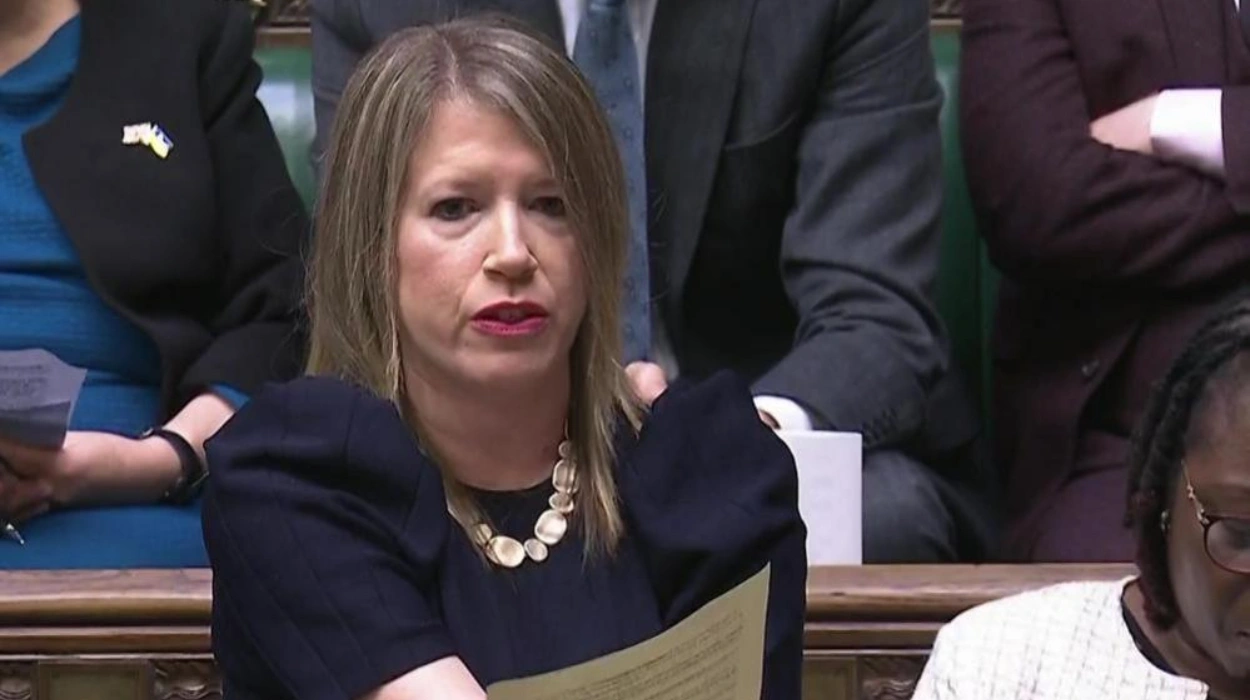Lord Falconer, who also served as solicitor general and was the first justice secretary, attempted to legalise euthanasia in 2013 by proposing an Assisted Dying Bill for people with less than six months to live.
Speaking in favour of Lord Forsyth’s amendment, he told peers: “What we need is proper parliamentary time for the parliamentarians to address the issue. This is a very exceptional issue. I’m a Remainer, tragically, and I was very much against all of the strange ways in which Parliament operated. This is an exceptional thing.
“I urge this House to adopt this amendment, not because they agree or disagree with the issue of assisted dying, but because… Parliament should properly address issues of conscience. Please do not be swayed by the issues one way or the other on assisted dying.”
Conservative Baroness Davidson of Lundin Links made a similar call as she claimed that by denying parliamentary time, the Government is not being neutral on the issue.
The former Scottish Conservative Party leader said: “I am absolutely content for the Government to be neutral on the issue of assisted dying. It’s not just defendable, it is completely understandable. But not allowing time for discussion is not a neutral act. Denying such discussion time is not neutral.
“This is a convention that previous governments understood and they have acted; the decriminalisation of homosexuality, the repeal of the death penalty, the legalisation of abortion. None of these things would have passed, none of these measures would have passed without the government of the day allocating suitable parliamentary time for their debates and their discussion.”
“Moral anarchy” lurks in the amendment proposed by Lord Forsyth of Drumlean, peers have heard.
Labour peer Lord Howarth of Newport spoke against the amendment, which would require the Government to draw up a Bill on assisted dying for Parliament to debate.
He said: “The ability of governments to govern will suffer. Our system of parliamentary government is battered, unsteady as it is, we should not injure it further.
“The moral anarchy that lurks in this new clause is that it would legitimise in a new way the taking of human life by other human beings. I readily acknowledge that Lord Forsyth and Baroness Meacher and Lord Falconer, and other proponents of what they call assisted dying, are motivated by compassion and kind intentions.
“I profoundly believe, however, that their approach mistreats human nature and that legislation to permit assisted suicide would create more suffering than it would alleviate. Offspring of this compassion will be a coarsening of our society, and a diminution of the value we place upon life.”
Baroness Campbell of Surbiton, who has battled a degenerative disease after being diagnosed with severe spinal muscular atrophy, echoed Lord Howarth’s comments, saying: “Using this Bill to force the Government’s hand and the pace of deliberation, I believe, as others do, is a blatant manipulation of the parliamentary process. It sets a very dangerous precedent and I believe it should be resisted.”


